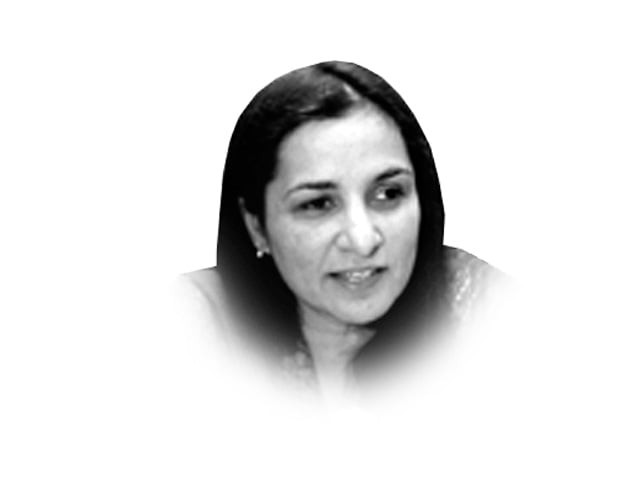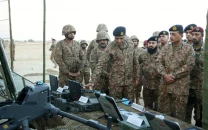India, Pakistan in post-Mumbai phase
Latest round of post-Mumbai diplomacy may have improved the context of the bilateral relationship.

India, Pakistan in post-Mumbai phase
The significance of Thimphu was that Indian and Pakistani political leaderships together came to the conclusion that the post-26/11 strategy of making substantive dialogue conditional on progress in the Mumbai investigation was counterproductive for both the Mumbai investigations as well as the bilateral relationship.
At the conclusion of the Delhi talks today, the likely announcements will cover a new visa regime to promote people-to-people contact, confidence-building measures to increase travel and trade between the divided Kashmirs and dates for meetings of the reconstituted working groups of experts. Perhaps Pakistan’s agreement to give ‘most-favoured nation’ (MFN) status, conveyed during the commerce secretary-level talks, may also be announced. Beyond the content, a decision on the structure of the dialogue process, the active revival of the Joint Ministerial Commission (JMC) will also be announced. Set up in the 1980s, the JMC has met intermittently, depending on the state of bilateral relations and the preferred dialogue track of the governments in power. For example, in 2005, it met after a break of 16 years. Its last session was held in February 2007 but will now be formally revived. This also means that technical-level working groups on agriculture, health, science and technology could well be revived, since they came under the JMC’s ambit.
The impending resumption of a multiple-track engagement between two nuclear-armed neighbours — home to millions of economically, socially and security-deprived citizens — is a welcome development. Equally, Delhi’s decision to opt for a cooperative as opposed to a confrontational approach on Mumbai and Pakistan’s decision to give the MFN status to India are important steps towards improving the context within which there can be substantive cooperation between the two countries.
Some specific issues and developments of late seem to have pushed Islamabad and New Delhi to re-engage. There is the US and Nato troops drawdown in Afghanistan and the search for a reconciliation formula once troops leave; the re-entry of the Taliban; Pakistan’s own comprehensive counterterrorism thrust in Fata; the issue of home-grown Hindu and Muslim militancy within India and India’s quest for a permanent UNSC seat, to name but a few.
Indeed a meaningful engagement will require not only no war, no diplomatic and political antagonism and no interrupted dialogue process, but also resolution of all outstanding problems. It is here where the score-card, so to speak, remains weak.
And now for a bit of a background on the composite dialogue itself which dates back 14 years. Agreement on holding a composite dialogue on its modalities and the issues to be discussed were first worked out and announced during the Nawaz Sharif-IK Gujral government in the Joint Statement of June 23, 1997, announced by then foreign secretaries Shamshad Ahmad and Salman Haider. Working Groups were to be set up to deal with eight issues: Peace and security (including CBMs), Jammu and Kashmir, Siachen, Wullar, Sir Creek, terrorism and drug trafficking (not ‘cross-border terrorism’), economic and commercial cooperation and the promotion of friendly exchanges in various fields. The foreign secretaries were to deal with peace and security and Kashmir, and “also coordinate and monitor the progress of work of all the working groups”.
While this latest round of post-Mumbai diplomacy may have improved the context of the bilateral relationship, the socio-economic, ideological and security challenges that Pakistan and India are both confronted with requires movement on resolving all outstanding problems. Unless this is done, it will be difficult to sustain substantive bilateral cooperation or to revise the existing threat perception that each country has of the other.
Published in The Express Tribune, July 27th, 2011.



















COMMENTS
Comments are moderated and generally will be posted if they are on-topic and not abusive.
For more information, please see our Comments FAQ